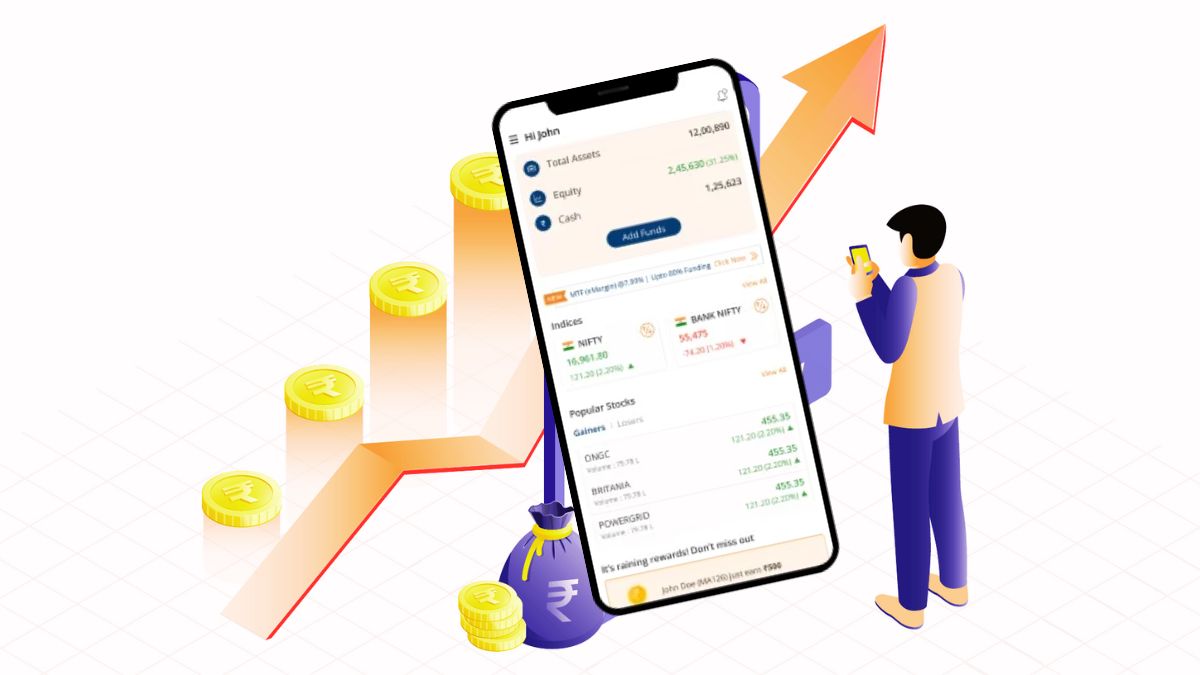Opening a demat account is the first step toward participating in the stock market. Whether you are a first-time investor or looking to expand your portfolio, a Demat account is essential for holding your securities electronically. However, before diving in, there are a few critical factors to consider that will help ensure a smooth trading experience.
- Choose the Right Broker
When you open a demat account in India, you’re essentially partnering with a depository participant (DP). This could be a bank, brokerage firm, or financial institution. It’s crucial to pick a broker that fits your investment needs.
Factors like customer service, trading platforms, and fees can vary significantly between brokers. For active traders, a broker offering a zero brokerage account might be an appealing option, as it minimizes trading costs. However, for long-term investors, other features like research tools and reliable customer support might be more valuable.
- Understand the Costs Involved
While many platforms offer free or low-cost account opening services, it’s important to understand the various charges associated with maintaining a demat account. Some common costs include annual maintenance charges (AMC), transaction fees, and custodian charges. Even a zero brokerage account may have hidden fees, so make sure to carefully read the fine print and compare costs across different brokers before making a decision.
- Trading vs. Demat Account: Know the Difference
A demat account is used to hold your shares in an electronic format, while a trading account is required to execute buy and sell transactions in the stock market. While these two accounts are interlinked, they serve different purposes.
When selecting a broker, ensure that both the demat and trading account are easy to manage on a single platform for seamless transactions. Many brokers offer the option to open both accounts simultaneously, streamlining your trading experience.
- Check the Broker’s Platform and Features
The quality of a broker’s trading platform can significantly impact your trading experience. Features like a user-friendly interface, real-time data, and research reports can help you make informed decisions. If you’re a frequent trader, consider brokers that offer advanced charting tools and customizable dashboards.
If you’re a beginner, look for a platform that provides educational resources and easy navigation. Some platforms offering zero brokerage accounts may also come with minimal features, so it’s important to balance affordability with usability.
- Look Into Account Security
The security of your demat account should be a top priority. Ensure that the broker follows stringent security protocols like two-factor authentication (2FA) and encryption to protect your account from unauthorized access.
Additionally, it’s important to check the broker’s regulatory status. SEBI (Securities and Exchange Board of India) regulates all stock market activities, and your broker should be registered with SEBI to ensure credibility and protection.
- Consider Broker Support and Services
Stock trading can be complex, especially for beginners. Having access to responsive customer support can make a significant difference in resolving issues quickly. Before opening your demat account, test the broker’s customer service channels—whether it’s through phone, email, or live chat. Some brokers also offer relationship managers for personalized support, especially for high-value investors. This level of support can be helpful when navigating your trading account or demat services.
- Account Mobility and Ease of Transfer
If you decide to switch brokers in the future, make sure that the broker you’re choosing allows easy transfer of your demat account holdings. A smooth transfer process can save you time and avoid unnecessary complications.
Some brokers may charge for closing or transferring accounts, so it’s good to check these policies upfront. Additionally, mobile apps offering trading on-the-go are becoming increasingly popular. If mobility matters to you, ensure the broker’s mobile platform is robust and reliable.
- Know the Minimum Investment Requirements
Some brokers, especially full-service ones, may require a minimum investment when opening a demat account. While many discount brokers and zero-brokerage platforms have no such requirements, it’s a good idea to clarify this before committing to a particular broker. Knowing this upfront can help you plan your investments better and avoid any unnecessary hurdles in the account-opening process.
- Additional Value-Added Services
Beyond the basics, some brokers offer additional services like portfolio management, access to IPOs, and expert recommendations. If you’re a seasoned investor, these services can enhance your trading experience. However, if you’re just starting, focus on getting a platform that’s simple to use and supports your learning curve. Zero brokerage accounts often focus on basic functionalities, so weigh your options based on your investment goals.
Conclusion
Opening a demat account is a crucial step for any investor, and it’s important to make informed choices right from the start. Whether you’re opting for a zero brokerage account or prioritizing a feature-rich trading platform, always weigh the pros and cons based on your unique needs. A well-informed decision today can help ensure smoother trading experiences and financial growth in the future.


